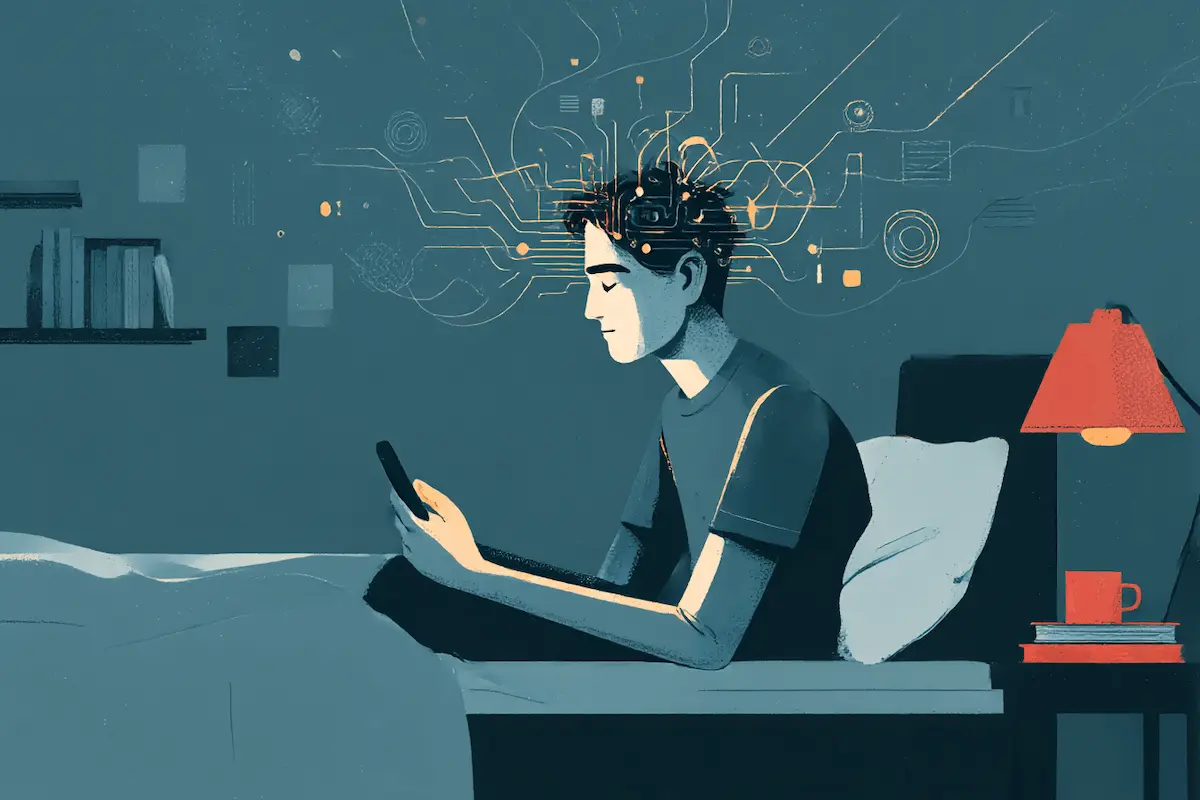AI + Motivation: Can an Algorithm Detect When We Lose Drive?
What if your device could sense that your energy is fading before you even admit it to yourself? In the age of smart machines, AI isn't just tracking what we do — it may be learning to understand why we stop. Can algorithms one day detect our emotional fatigue and gently push us forward?

Image: ZenoFusion • AI Visuals / Motivational insights driven by artificial intelligence
What Is Motivation? A Complex Psychological Engine
Motivation is not just a burst of energy — it's a layered mental system that connects goals, emotions, values, and reward circuits in the brain. It fluctuates depending on stress, time of day, personal beliefs, and even our nutrition.
We don't always realize when we’re running low — but our behavior reveals the clues. That's where AI steps in.
How AI Analyzes Behavioral Patterns to Detect Fatigue
Modern algorithms track user behavior over time: when we scroll aimlessly, abandon tasks, rewatch old videos, or stop responding. These subtle changes often indicate a motivational dip.
AI doesn't need to “feel” fatigue to recognize it — it simply maps out deviations in our usual engagement, focus, and tone of interaction.
Predicting Burnout Before It Hits
Some experimental systems now attempt to predict emotional exhaustion days before it sets in. In the workplace, AI tools measure email patterns, meeting silence, and task delays — offering managers early signals of disengagement.
In theory, this could prevent burnout. But it also raises the question: who controls that data?
Smart Nudging: Can AI Gently Motivate Us Back?
Apps like Duolingo or fitness trackers already use behavioral nudges — personalized messages triggered when we skip or underperform. Some even adapt the tone based on mood detection.
When well-designed, these nudges feel supportive. But there’s a risk: too much “digital encouragement” may feel like manipulation instead of motivation.
Ethical Concerns: Encouragement or Emotional Control?
If AI knows when you’re vulnerable, it could exploit that moment — for sales, influence, or data retention. That's why motivation analytics should always remain transparent, consensual, and respectful of personal boundaries.
Because once a machine knows when you’re down... it also knows exactly when you’re persuadable.
Conclusion: Can AI Spark the Fire Within?
AI can't create passion — but it can recognize when it dims. If used ethically, it could become a compassionate partner in our daily efforts, helping us recharge instead of burn out.
But the final question remains: when you get back on track... was it truly your will — or a well-placed algorithmic whisper?
✍ Tornike, Content Strategist at ZenoFusion – June 7, 2025
✍ Article Author
- Registered: 27 April 2025, 10:30
- Location: Georgia




 Tornike
Tornike